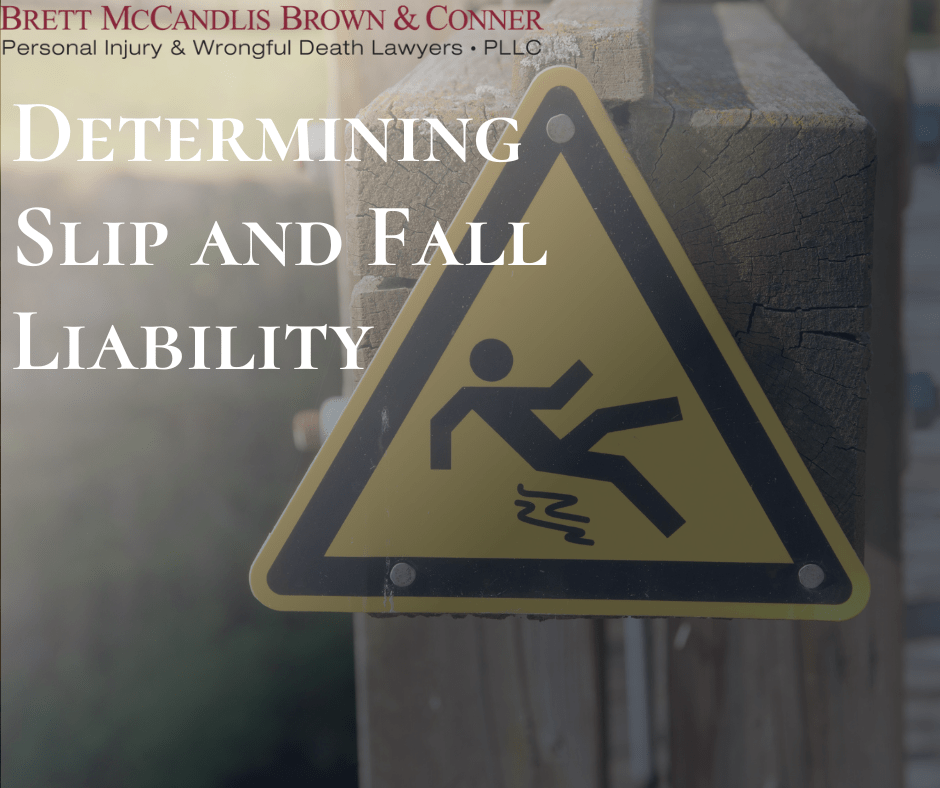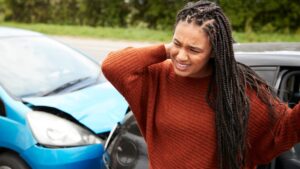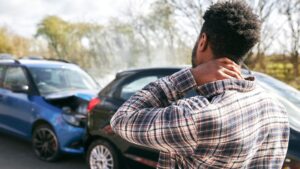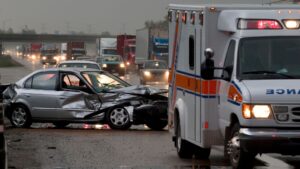
No one ever expects to be in an accident, especially one that could have been prevented if a property owner had made a reasonable effort to maintain the safety of their property. Whether you were injured in a restaurant, store, public park, private residence, or somewhere else, slip and fall accidents can be painful and costly. It is important to understand slip and fall liability if you want to get the compensation you need.
What Is a Slip and Fall Accident?
“Slip and fall” is a term the law uses to describe an accident that occurs when a person falls while on someone else’s property. When the slip and fall is attributed to the property owner’s negligent action or inaction, it falls under the legal doctrine of premises liability. A negligent property owner may be the person who is liable for a slip and fall, depending on how the accident occurred.
Who is Liable in a Slip and Fall Accident?
There are many situations in which slip and fall accidents could occur. Let’s look at some examples of how these incidents happen and who might be liable.
Example 1
A convenience store employee mops the floor but fails to warn customers that the floor is wet. If someone slips on the wet floor and sustains an injury, they may have a claim. But who is liable? In this scenario, the liable party is the operator of the store—regardless of whether they own or lease the property. The owner invites customers onto their property, making them responsible for any of their employee’s negligent acts that lead to harm.
Example 2
The local public park is owned and managed by the city. If the city has neglected to maintain reasonably safe conditions in the park and someone falls through hazardous playground equipment, the city may be liable for the injuries.
Example 3
An Amazon driver delivers packages to a home, requiring them to walk up several porch steps. There is no notification that the steps are unstable, but they are, in fact, poorly maintained. Due to improper maintenance, the stairs collapsed and caused the driver to fall and hurt themselves. In this case, the homeowner may bear slip and fall liability.
These are only a handful of examples of premises liability claims where the property owners or business operators are financially responsible for the damage.
Who Can File a Slip and Fall Accident Claim in Washington?
In general, property owners in Washington must make their property safe for anyone with permission to enter. If you sustain a slip and fall injury while legally on someone else’s property, whether commercial, private, or public, you likely have a claim against the property owner or operator of the business.
Property owners do not owe this same duty of care to anyone who is illegally on their property (i.e., trespassing). There are some exceptions for children who enter a property without permission.
What Happens if Someone Falls on Your Property?
If someone falls on your property, they will likely file a claim with your homeowners insurance. Your insurer will investigate the incident and decide if the claim is valid.
What If You Were Partially Responsible for the Accident?
There are some cases where a victim’s actions may contribute to the injury caused by the poorly maintained property. In this case, liability for slip and fall accidents may be shared. For example, in the case of a wet store floor, if you were running at the time you slipped, a court could see that as a contributing factor.
Washington follows the doctrine of comparative negligence. This allows you to bring a claim against the property owner or operator even if you are also partially at fault. The court evaluates the degree to which you share slip and fall liability as a percentage, and in the end, the court deducts that percentage from your overall compensation. For example, if the award is $100,000 and you are found to be 30% at fault, you would likely recover $70,000.
Comparative negligence is important to consider when determining how to proceed with your claim. The negligent property owner and their insurance company are best served by placing as much blame on the injured party as possible. A skilled slip and fall attorney can help gather evidence, negotiate on your behalf, and make sure you do not settle for less than what you deserve.
Contact a Slip and Fall Attorney
Accidents can happen anywhere, but you should not have to absorb all the costs for injuries that could have been prevented with reasonable property maintenance. The experienced premises liability lawyers at Brett McCandlis Brown & Conner have represented multiple premises liability claimants and secured awards of over one million dollars. This includes one record-setting award of $6 million for a victim who fell due to a poorly lit parking lot. Slip and fall claims can be complicated, and it is important to receive the compensation you are entitled to. Contact Brett McCandlis Brown & Conner to schedule your free case consultation.


